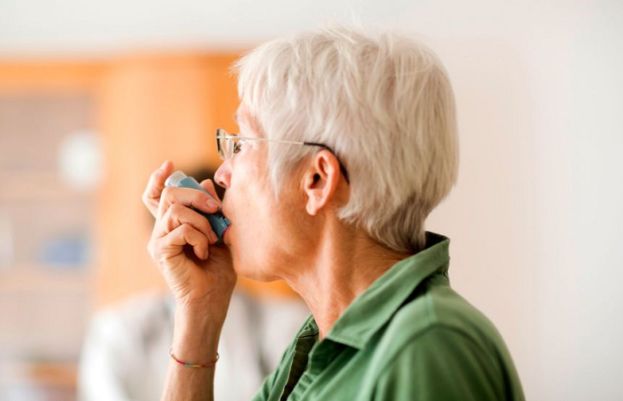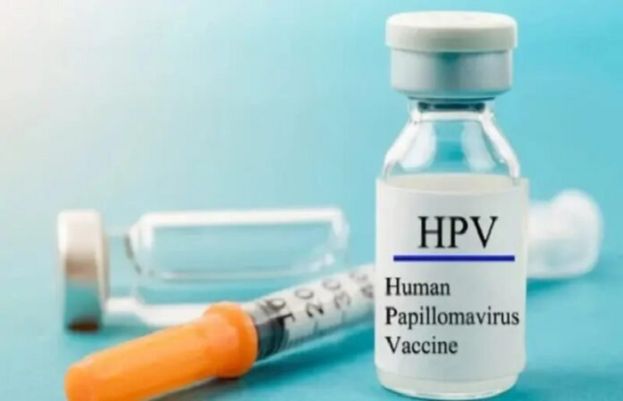Post-Covid surge in heart disease raises concern


Karachi has seen a notable rise in heart-related illnesses and mortality since the Covid-19 pandemic, raising concerns among doctors and patients alike. While similar trends have been observed globally, experts caution that definitive scientific evidence linking the surge directly to the coronavirus or vaccines is still lacking.
Cardiologists report a significant increase in cardiac emergencies over the past three years.
Dr. Farhala Baloch, consultant cardiologist at Aga Khan University Hospital (AKUH), noted that before Covid-19, approximately 1,000–1,500 patients annually required urgent procedures such as angiography, angioplasty, or bypass surgery.
“Since 2021, that number has nearly doubled to around 3,000 cases per year,” she said.
Despite advanced medical facilities lowering mortality in many cases, Dr. Baloch pointed out a worrying rise in deaths among younger patients, some as young as 18.
“Heart attacks among people in their 40s are becoming increasingly common. Many cases involve cardiogenic shock, which is more difficult to manage,” she explained.
Doctors believe the pandemic indirectly contributed to higher cardiac risk.
Extended lockdowns and remote work led to more sedentary lifestyles, increased stress, and rising obesity rates.
Patients who gained weight or developed diabetes during this period are now more vulnerable to heart conditions.
International studies also indicate Covid-19 damaged heart muscles, increased clotting risks, and caused irregular rhythms even in mild cases.
Regarding vaccines, Dr. Baloch emphasized that no scientific evidence links them to heart attacks.
While some patients reported palpitations or high blood pressure after vaccination, these were temporary.
“Vaccines have saved countless lives. Suggesting otherwise could discourage people from taking flu or other critical vaccines,” she warned.
Data from the National Institute of Cardiovascular Diseases (NICVD) reflects this rising trend. In 2024 alone, NICVD treated 9,925 heart attack patients and performed over 3,000 major cardiac procedures. Demand for stents and angioplasties has sharply increased nationwide.
Globally, similar patterns are being observed. In Tanzania, cardiologist Dr. Javed Ahmed Jilbani noted a fourfold increase in heart attacks after lockdowns ended.
UK Biobank studies suggest blood groups A, B, and AB carry higher post-Covid cardiac risk, while group O appears less vulnerable.
Health specialists stress the need for more local research and stronger public health initiatives to curb lifestyle-related risks.
They warn that without urgent action, Pakistan’s already high cardiac burden could worsen in the coming decade.




